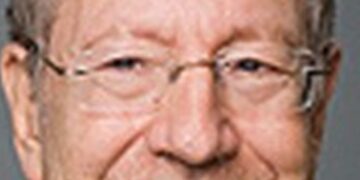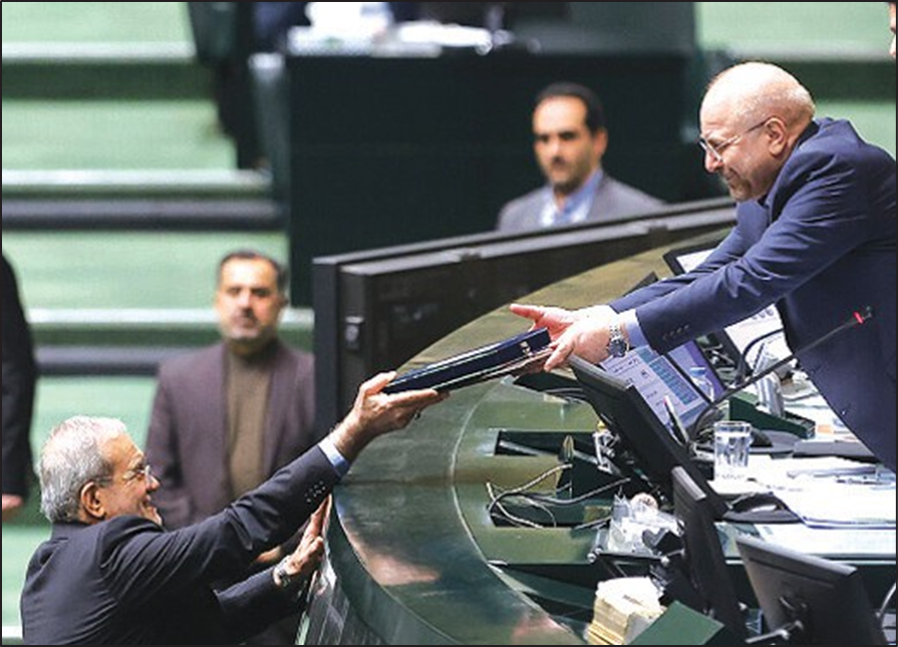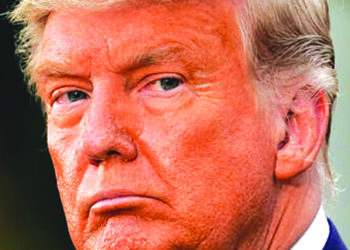Mohammad Hossain Majlis-ara, the director general for student affairs in the Science Ministry, which oversees higher education, said the new rule applies not just to students on Iranian government scholarships but also to those students paying for their own education abroad.
The Mehr news agency did not quote Majlis-ara as giving any rationale for the new edict, which was issued last Tuesday and immediately caused an uproar. Many assumed the regime had been offended by some critical graduate theses written in the West by Iranian students.
But the website of the Green Voice for Freedom reported that Majlis-ara explained the ban was needed because “some of the topics chosen by the students might be repetitive” and “the information in such a dissertation is related to domestic issues.”
Majlis-ara said in some cases students on scholarships from the Education Ministry might be allowed to do a dissertation on an Iranian topic, but in those cases the research materials would be supplied by the Education Ministry. He did not seem to comprehend that foreign universities would likely object to such an arrangement since the point is to have graduate students conduct their own research.
Before the announcement, the daily Javan reported that 16,000 Iranian students are studying at “non-English European universities” at their own expense and another 369 Iranians are on government scholarships at non-English European universities.
Radio Farda contacted several students in Europe who balked loudly at the new rule, some pointing out that the Iranian government cannot tell foreign universities how to handle dissertation research.
One woman student predicted the new rule would actually backfire. Laleh said, “I believe after this move many more will be lured to choose such topics. It is quite simple. Students would be provoked to select such topics to find out why it has been forbidden in the first place.”
Last year, Intelligence Minister Heydar Moslehi warned of the dangers of the children of government officials studying abroad. He said foreign intelligence services are trying to lure and trap the sons and daughters of prominent government officials and extract information from them.
The Science Ministry then asked embassies around the world to provide statistics on the children of government officials studying in their countries. But last week, Hassan Moslemi-Naini, the Science Ministry official in charge of the project, told the Mehr news agency that none of the requested data has been provided “and I do not know the reason for this.”
It wasn’t clear how the ministry would be able to enforce its new rule if it can’t even find out how many children of government officials are studying abroad.



















